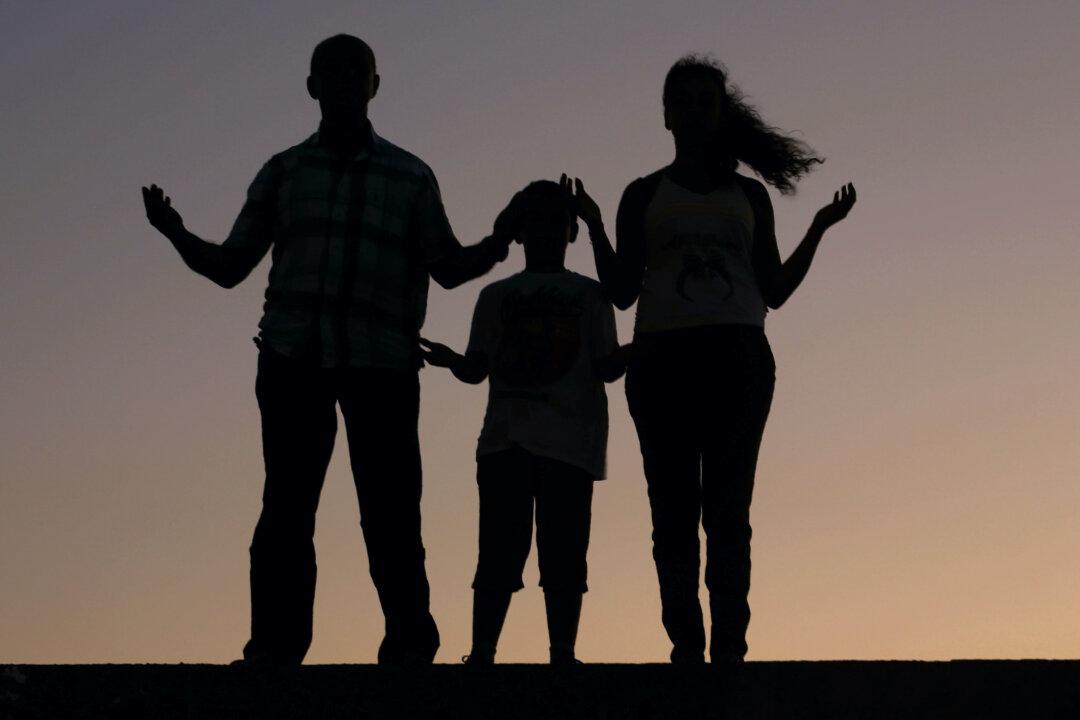Opponents of a bill that would require all foster parents in California to “affirm” the chosen gender identities of children in their care have called the proposed legislation an attack on constitutionally protected religious freedom and parental rights.
State Sen. Scott Wiener (D-San Francisco), who introduced the proposed legislation, Senate Bill (SB) 407, told the Senate Judiciary Committee at a hearing on April 25 it is intended to strengthen protections for vulnerable LGBT foster youth to ensure they’re placed in safe homes.





